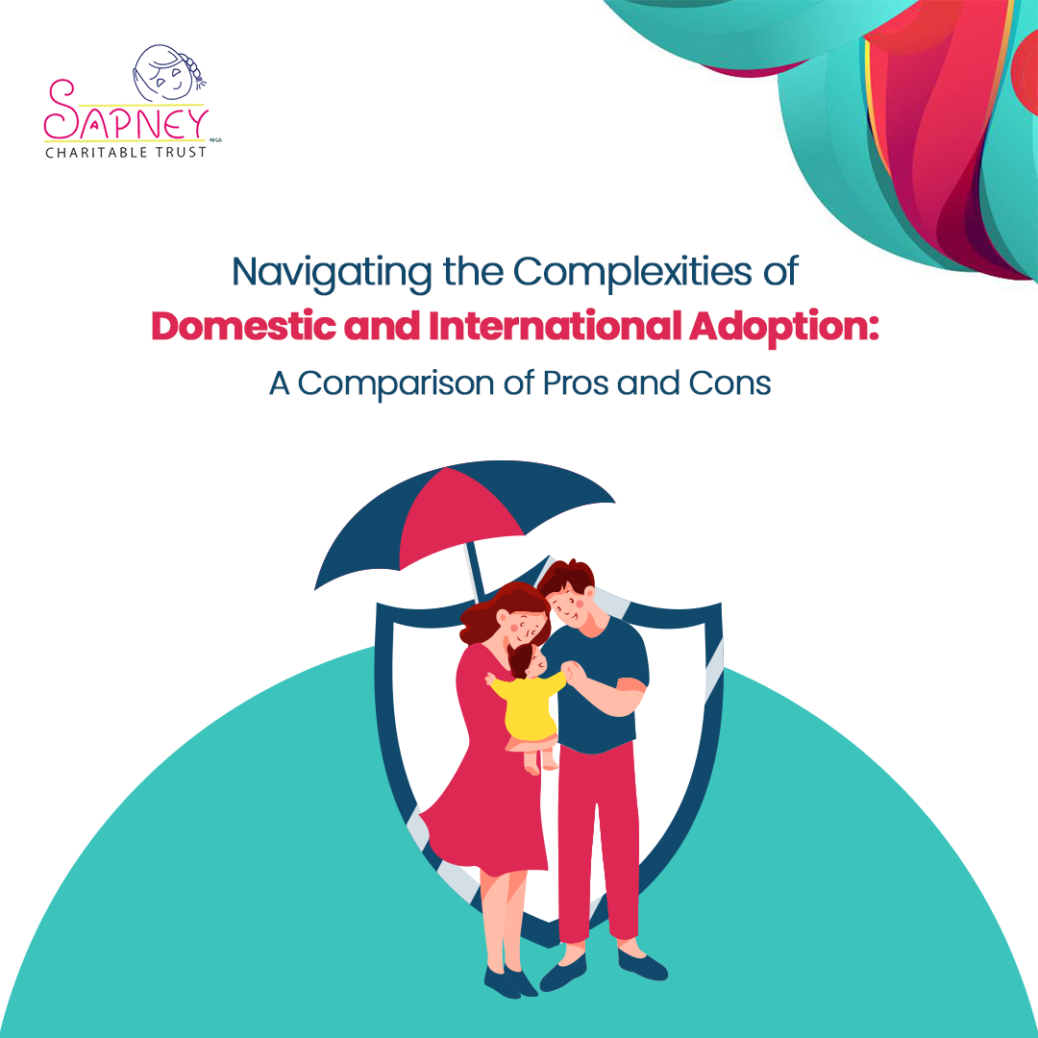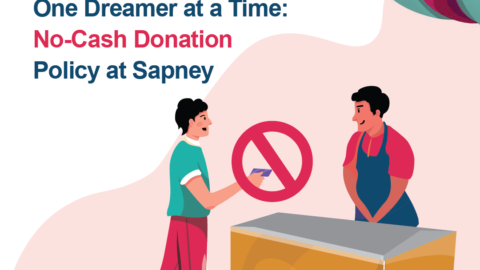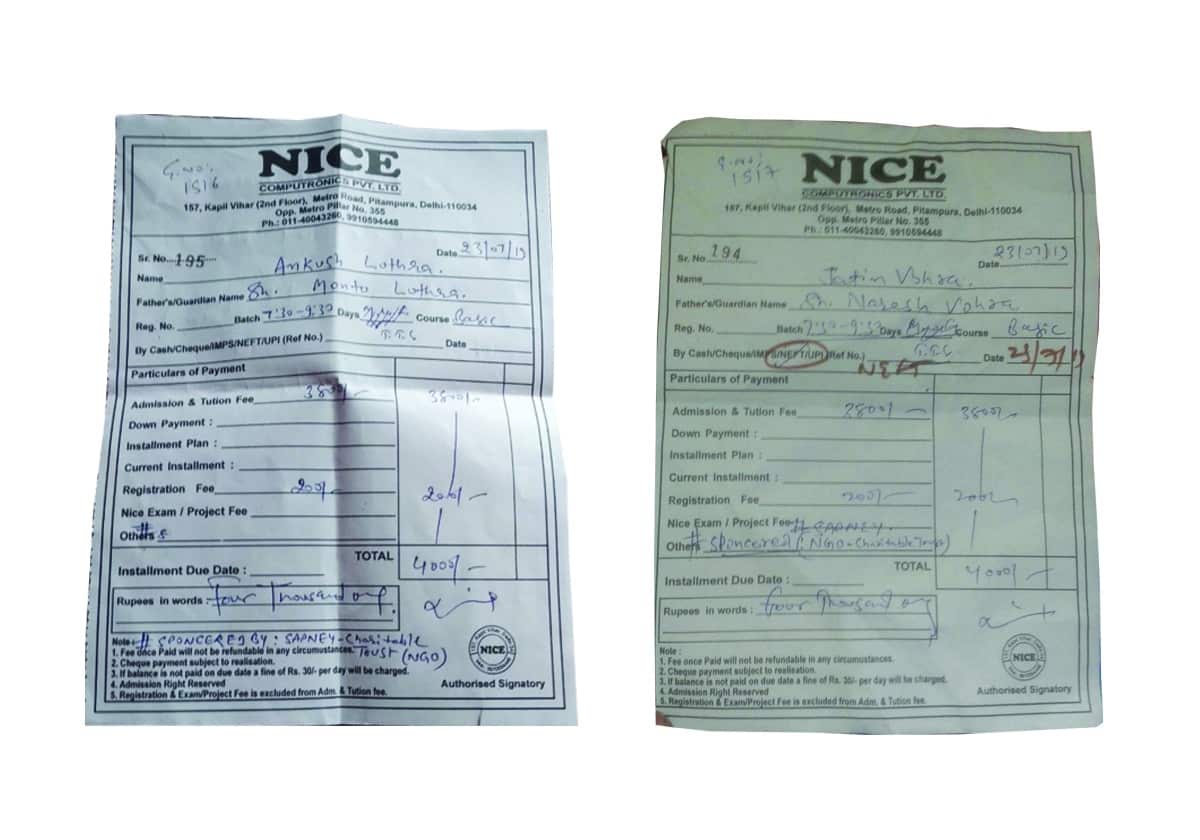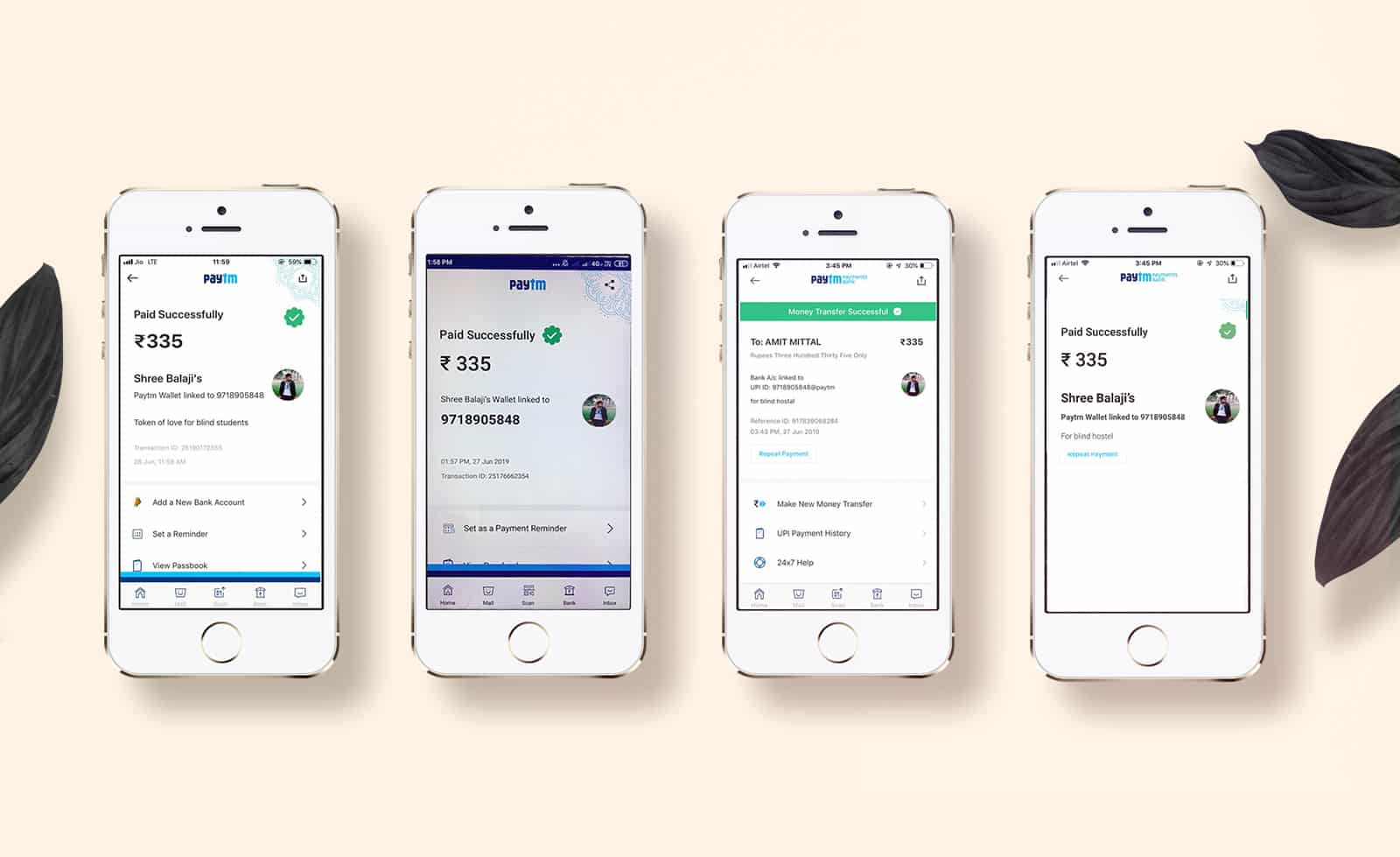
Adoption– is a wonderful way for families to grow and provide a loving home for a child in need. It can be a life-changing experience for both the adoptive child and the adoptive family. Adopted children are given the opportunity to grow and thrive in a stable and loving environment with parents who are dedicated to their care and well-being. Adoptive parents have the opportunity to build a family and experience the joys and challenges of parenting.
Domestic vs. International Adoption
Domestic adoption refers to the process of adopting a child who is a citizen of the country where the adoptive parents reside. This can include children who are in foster care, children whose birth parents have relinquished, or children who are being adopted through private adoption agencies. The process and requirements for domestic adoption vary depending on the laws and regulations of each state or country.
On the other hand, international adoption refers to adopting a child who is a citizen of a different country. This can include children in orphanages or children whose birth parents have relinquished. The process for international adoption is more complex and can take longer than domestic adoption. It typically involves working with an adoption agency, a foreign government, and the U.S. government or the government of the adoptive parents’ country.
However, the decision of whether to adopt domestically or internationally is not one to be taken lightly. Both options have their own pros and cons, and it’s important to carefully consider them before making a decision. Domestic adoption and international adoption are two different ways of adopting a child. Both have their own pros and cons.
Pros of Domestic Adoption:
- The process is generally quicker and less expensive than international adoption.
- Adoptive parents may have more control over the adoption process and have more information about the birth parents and the child’s background.
- Adopted children may have an easier time adjusting to their new home and culture because they are already familiar with it.
- Adoptive parents may have the opportunity to adopt a child from their own community or state.
Cons of Domestic Adoption:
- The pool of available children may be smaller, and waiting times may be longer.
- Some birth parents may change their minds about the adoption after the child has been placed with the adoptive family, which can be emotionally difficult for everyone involved.
- Adoptive parents may have to navigate state-specific laws and regulations, which can be confusing and vary greatly.
Pros of International Adoption:
- Adoptive parents may have more options regarding the age, gender, and special needs of the child they adopt.
- Adopted children may access better medical care and education in the adoptive country.
- Adopting from another country can be a way for parents to learn about and appreciate different cultures.
Cons of International Adoption:
- The process can be lengthy and costly, with many legal and logistical hurdles to navigate.
- There may be a lack of information about the child’s background and medical history.
- Adopted children may experience culture shock and have a harder time adjusting to their new home and family.
- The laws and regulations of the country of origin and the country of adoption must be followed, which can be complex and subject to change.
- There are some cases of corruption and illegal adoption practices.
It’s important to remember that every adoption story is unique, and every child is unique. It’s important to consider your own family circumstances, as well as the child’s best interest, when making a decision about whether to adopt domestically or internationally. It’s important to research the adoption process and agency thoroughly and to have a clear understanding of the costs, legal requirements, and potential challenges before starting the process.









